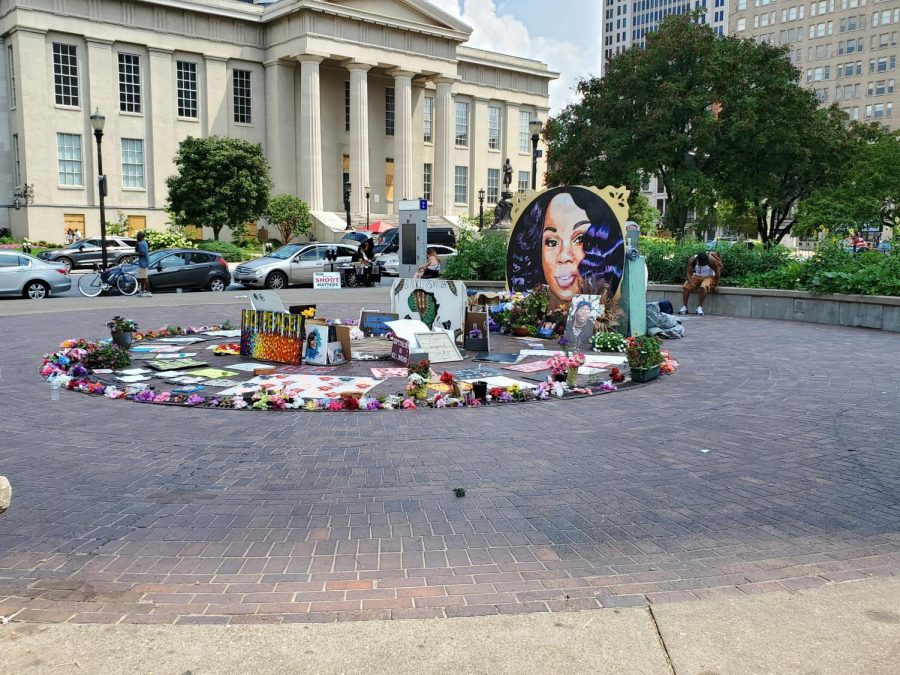The Implications of Breonna Taylor’s Death
Breonna Taylor’s death led the nation to erupt into chaos. Another high profile shooting, with the death of a Black woman at the hands of the police. U.S. citizens flared up in justifiable outrage, with many marching on the streets, calling for the imprisonment of the police officer who shot Taylor. Many notable celebrities, including Lebron James and Colin Kaepernick, called for the American populace to #SayHerName.
The Breonna Taylor case can be described as all but contentious. This outright breach of the public trust must end now, and police officers must be held accountable for their actions.
As the days passed and more information was released to the public, the case turned from an egregious murder to something more twisted and far more complex.
We learned that there were reports that she was with her ex-boyfriend in the month leading up to her death, but we also learned from her ex-boyfriend that he had not engaged with her in two months.
We learned that the police had yelled, “Police, police,” on a no-knock warrant from an independent witness, but also that their neighbors did not hear them announce themselves at all.
The public release of information from Daniel Cameron, the Attorney General of Kentucky, has only complicated the situation. The grand jury’s decision not to indict officers on the charges of murder but rather on wanton endangerment has created a new uprising in protests throughout the United States, especially in Louisville.
We know that this warrant was issued legally, and there is evidence to show that the residence of Ms. Taylor was used for trafficking drugs, not by her, but by her ex-boyfriend, Jamarcus Glover. However, when the police searched her residence after the botched drug raid, there were no drugs nor paraphernalia found.
This happens far too often. Since the War on Drugs, drug raids were increasingly focused on targeted minority communities. Up to 60,000 of these no-knock or quick-knock drug raids are carried out every year.
We must confront drug crime in the United States in a proactive way. We can tackle the problem at its roots by increasing funding to urban areas and inner-city schools.
We must federally ban no-knock and quick-knock warrants. Why should we, as citizens of the “free world,” deal with an authoritarian police force? If our communities cannot trust the police, then who can they turn to in times of need?
The police clearly did the wrong thing in this situation—there is no argument. The police force must be held accountable and receive far more adequate training.
There are far too many “bad apples” in the police force today, stopping those who serve from truly protecting their communities due to their appalling uses of force on minorities, especially Black and Latinx Americans. There is no need for police unions to protect these criminal police officers.
Here is where we see the split justice systems, seemingly one for whites, one for police officers, and one for minorities.
Police brutality is a problem across the globe, but in a developed country such as the United States, should it even be a problem? Justly enforcing our communities should have been one of the first things we addressed as a nation, but we are not progressing in this area.
Finally, we must address protesting. Protesting is a fiercely American right. Americans have died in wars and conflicts, fighting for the ability to protest a tyrannical government and stand for what they deem right. A protest is the ultimate American ideal, and every American should exercise their right in the way that they deem fit.
Violence is never the answer, but peaceful protests are an effective way to create change. By continuing with these peaceful protests, we can create the systemic change that Breonna Taylor deserves.
Francis just joined the Banner this year as a sophomore, but is looking forward to contributing to it as he finds time. He loves to stay updated with the...


